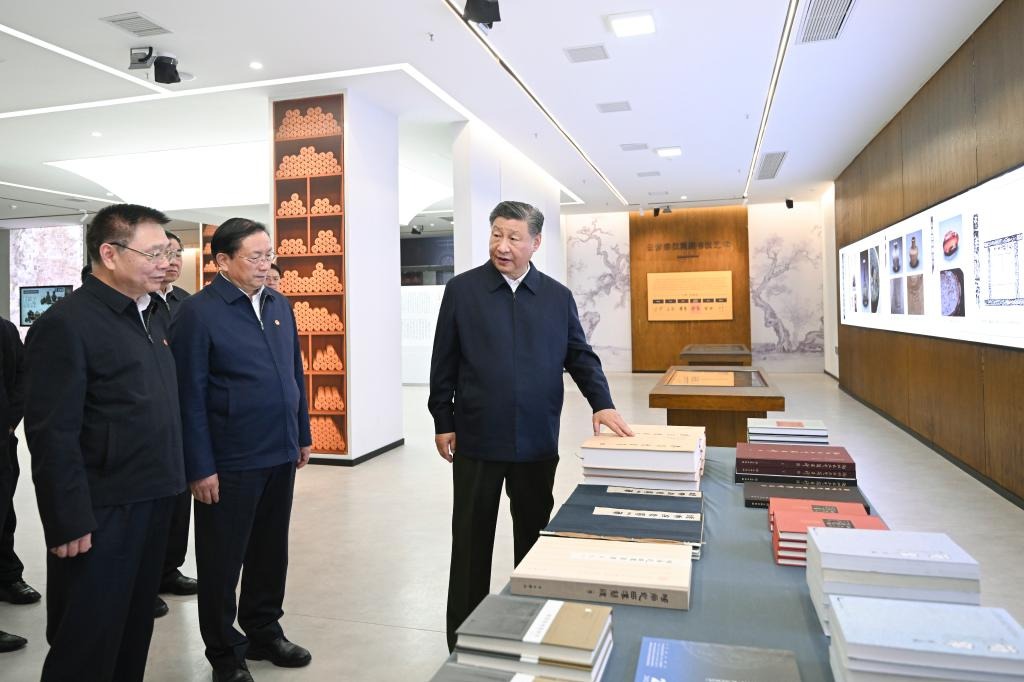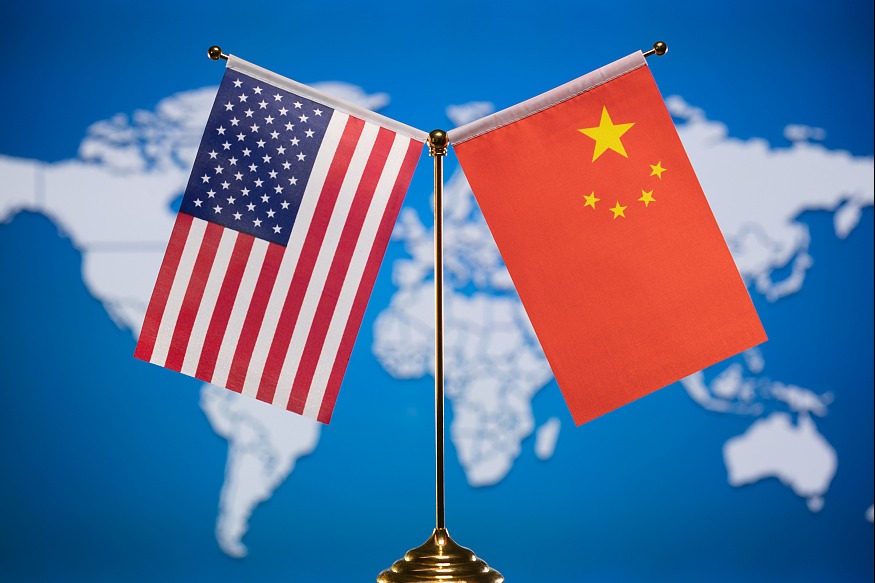Genuine effort to bring peace to Gaza: China Daily editorial

In a demonstration of true statesmanship and genuine effort to help end the Gaza crisis, Foreign Minister Wang Yi called both the Israeli and Iranian foreign ministers over the phone on Monday, asking the two sides to exercise caution and avoid further escalating the conflict.
In the latest move to mediate peace between the conflicting parties in the Middle East, Wang urged all sides to prevent the already grave situation from spiraling into a vicious circle where violence begets more violence.
More than a year since the Hamas attacks, Israel, as it proudly claims, is fighting seven enemies, all of which it portrays as "evil", on different fronts. The negative impacts of the Gaza crisis are clearly spilling over, leaving no party unscathed. The question is: For how long will the international community, the United States in particular, allow the rampage in Gaza to continue and let the region turn into a permanent war zone? Aren't the deaths of more than 42,000 Palestinians and the near total destruction of Gaza enough for the US and its Western allies to act?
Teheran and its regional proxies have denied having any intention to declare an open war against Israel, leaving Tel Aviv, and its sole unconditional supporter, Washington, to answer those questions. Israel's attacks on the bases of the United Nations Interim Force in Lebanon over the past few days show that the Benjamin Netanyahu government has no regard for international law and no interest in declaring a cease-fire. Nor is he interested in bringing home the hostages held by Hamas.
China is not a party to the conflict, and it has always wanted it to be settled through peaceful negotiations. And yet Israeli Foreign Minister Israel Katz urged China to adopt "a balanced and fair position in relation to the war", in his talks with Wang. The fact that China has all along been doing exactly that shows Tel Aviv needs to give some serious thought to the crux of the Middle East crisis: Allowing the Palestinian people to run their own country.
There are signs suggesting Israel is being guided by a desperate warmonger's calculation that as long as he can get US material and military assistance, Israel can make its control over Gaza a foregone conclusion, and set up a buffer zone on its north border with Lebanon.
Even if he succeeds in accomplishing that goal, the feud between Israel and its neighbors will not end. He cannot safeguard the security of the future generations of Israelis. Instead, he will make them intergenerational enemies.
The Palestinian question is at the core of the Middle East crisis. The first step toward ending the crisis, as China proposed, should be to call a comprehensive cease-fire in Gaza and ensure humanitarian assistance and relief materials reach the Palestinian enclave.
The second step should be to work out a mechanism which would allow the Palestinian people to govern Palestine. To that end, Beijing has tried its best to help end the factional feuds among the Palestinian people by persuading 14 Palestinian factions, including Fatah and Hamas, to jointly pledge to end their divisions and strengthen Palestinian unity by signing the Beijing Declaration in April.
The third step is to promote Palestine to become a full member of the United Nations and implement the "two-state solution".
China has close and stable trade and economic relations with both Israel and Iran. The three-step solution China has put forward shows it holds a neutral position on the Middle East conflict and at the same time it wants the conflict to be put to an end.
China has been reiterating that the path to lasting peace in the Middle East passes through the "two-state solution" for Palestine. Only the implementation of the "two-state solution" will help restore stability and peace in the region.
What China seeks to help achieve in the Middle East is by no means a makeshift plan to address some crying needs but a balanced, permanent and sustainable resolution to the crisis.

































